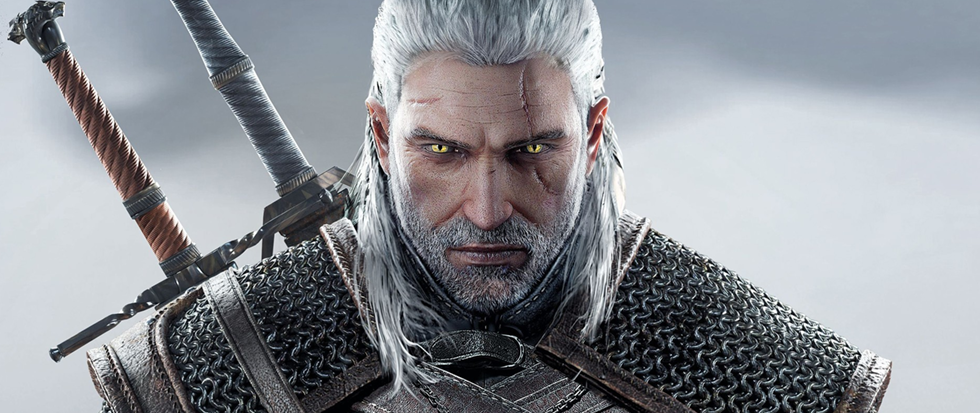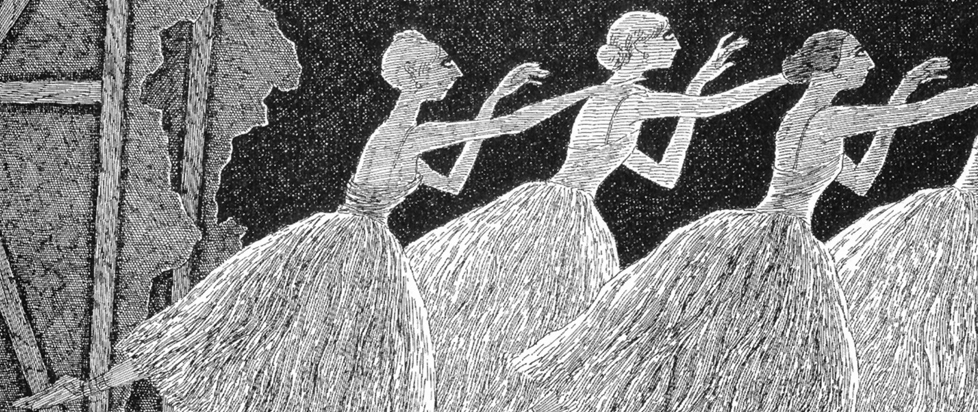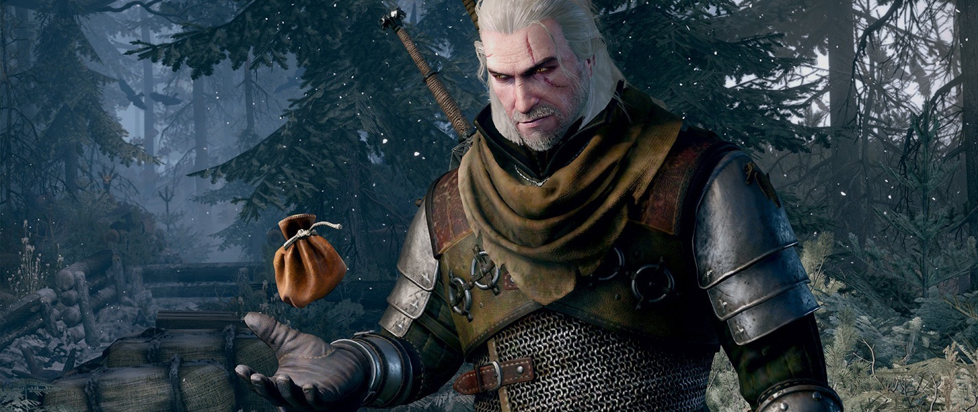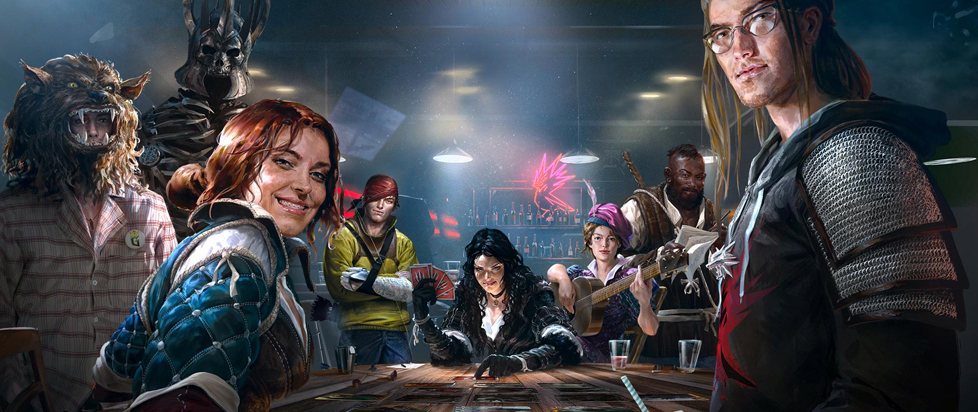
Geralt of Rivia is Unknowable
“I love you Yenn.”
There’s so much to love about Witcher 3, its spectacular but calamitous, war-ravaged lands as riveting as its complex and morally ambiguous characters. Even the townsfolk living in the far-flung corners of the Northern Realms could capture the utter misery of living in this universe; between bloody wars waged by petty kings to wanton slaughters by diabolic monsters, they grieve about the loss of beloved family members, or bemoan the hardships of merely trying to eke out a living. The world felt authentic and alive, albeit with a brutal vengeance.
But nothing breaks this immersion more than the instant when Geralt of Rivia uttered that very line above to his one true love in his trademark, monotonous voice. That’s when I felt the stirrings of a ponderous rumble at the back of my throat. The gravelly timbre in his voice still as thick as ever, he then attempted to contort his face into a shape that I think is…affection to Yennefer. Followed by an awkward kiss.
I burst into side-splitting laughter.
It dawned upon me that Geralt probably didn’t know how to express his affections in a manner that feels genuine. In contrast to his more boisterous companions like Dandelion and Zoltan, Geralt had the emotional range of a snail. His stolid demeanor means he hardly betrays any emotion except when he’s dead drunk—and really, he should be drunk more often in the game—and the fact that he’s so emotionally distant makes it harder to empathize with him.
But I like Geralt. He’s an enormously talented witcher with superhuman abilities, and I know that he’s let down by the fact that even all the power and strength afforded to him couldn’t help him make the right decisions all the time. Yet, through his musing and monologues, the Geralt of the Witcher novels reveals a lot more about himself, even though he’s still a cantankerous old grump. Only in the novels do you realize why he cared so much for Ciri, his adopted daughter and ward, which offers some explanation into his motivations to find Ciri as soon as possible. Only in the novels do you discover the countless trials and tribulations that both the sorceress Yennefer and himself went through. Only in the novels do you learn about Geralt’s pain, weakness and vulnerabilities—which are aspects of the hero that the game didn’t discuss comprehensively.

Don’t get me wrong; Witcher 3 is such a polished videogame, and nowhere else can I find this amount of care and detail in an open world as big and sprawling as this. Side quests aren’t merely an excuse to pad up the content and justify its hefty price tag; they are conceptualized and brought to life with such generosity that they tend to stick in your head long after they are completed. In one such instance, Geralt accepted a contract from a father whose son, brimming with ideas of fame and grandeur, decided that he would slay a monster that was terrorizing his town. This could have been a forgettable fetch quest, but when Geralt delivered the news to the father that his son was killed, the man handed the Geralt his coin, and asked to be left alone. He then walked a distance to the docks, where he stood, staring out into the sea. Crying.
It was heartbreaking.
But Geralt’s gruff exterior, his deadpan tone and the lack of insights into his thoughts made it tough to connect with him. Even for a man this powerful and skillful, he could very well be the chink in this game’s armor.





